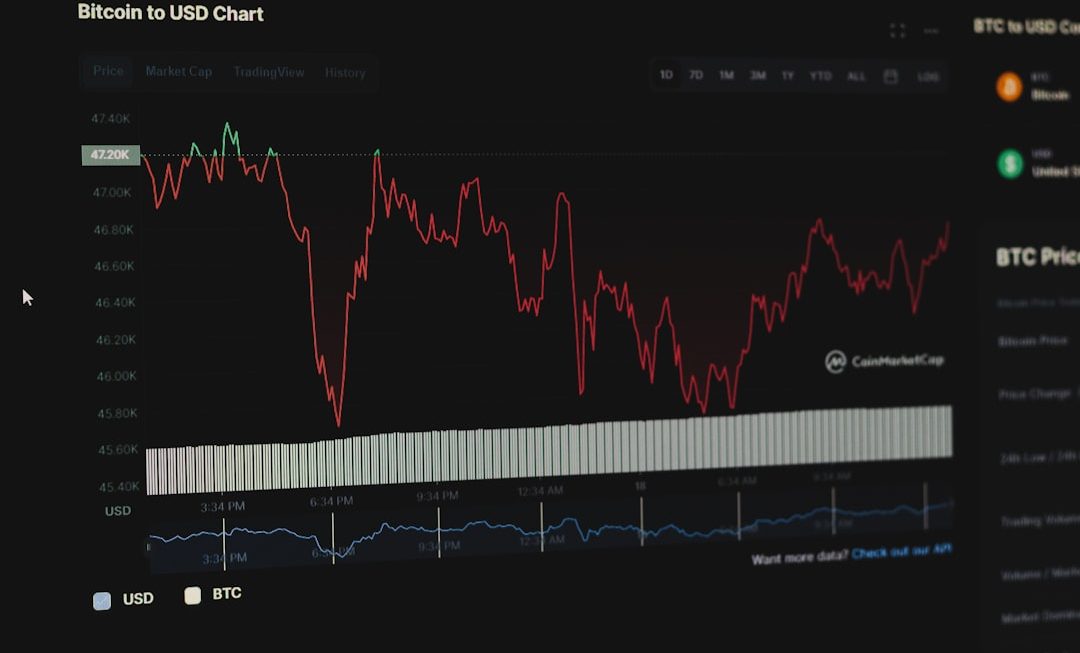In an era where digital media platforms are often dominated by polarized opinions and commercial interests, oneworldcolumn.org stands out as a rare space for thoughtful, community-driven dialogue. Originally founded in the United Kingdom in the early 2000s, this blog-style outlet aimed to present progressive views on a wide range of global and local issues, offering a platform to voices often unheard in mainstream coverage. Although it eventually halted regular updates, the ideas and values it championed continue to resonate strongly today.
The site worked as a voluntary collaboration among citizen journalists, many of them with academic, activist, or professional backgrounds. Their goal? To bridge the gap between civic society and journalism by offering informed perspectives on politics, culture, and human rights. Writers contributed essays and articles grounded in research and community experience, helping to shift local conversations in Norwich and Norfolk while also tying them into larger global debates.

The Core Mission of oneworldcolumn.org
At its heart, oneworldcolumn.org strived to create a forum where citizens could unpack complex global issues through the lens of compassion, sustainability, and equality. Its articles often tackled topics such as:
- Environmental justice: From local recycling programs to international climate agreements.
- Peace and conflict: Critiques of war, military spending, and diplomatic affairs.
- Human rights: Advocacy for refugees, minority rights, and civil liberties.
- Economic fairness: Discussions on inequality, fair trade, and alternative economies.
Such a diversity of content made the site an invaluable resource for those seeking to understand the world beyond headlines and clickbait. It stood as a counterpoint to sensationalist media, promoting nuanced discussion and ethical engagement.
Why It Continues to Matter
Though one may argue that in a world saturated by social media and fast news cycles, a now-dormant blog like oneworldcolumn.org would be irrelevant, the truth speaks otherwise. Its archived articles remain accessible and are still cited today in both academic and community settings. They serve as a living record of a particular kind of grassroots journalism that remains sorely needed.
Here are several reasons why oneworldcolumn.org remains significant even in today’s media landscape:
- Informed Public Discourse: It encouraged readers to engage with ideas that are evidence-based and introspective rather than reactionary or divisive.
- Community Empowerment: Its local focus inspired conversations that translated into action and awareness at a grassroots level.
- Media Diversity: By offering alternatives to traditional media outlets, it helped diversify the types of stories and perspectives being shared.

What We Can Learn from It
Today’s information ecosystem is in constant flux, with AI-generated content, misinformation, and shortened attention spans challenging how we process and trust news. The ethos of oneworldcolumn.org—a commitment to truth, equality, and solidarity—provides a meaningful template for creating future media spaces that inform rather than inflame.
Aspiring writers, activists, or readers can take several lessons from the site:
- Prioritize voices from the margins: Invite opinions from underrepresented communities.
- Write with purpose and clarity: Avoid jargon and aim to enlighten, not confuse.
- Tie the global to the local: Show readers how international events impact their community directly.
The Future of Independent Columns
Websites like oneworldcolumn.org remind us that journalism isn’t just for professionals—it’s a civic duty. Although the site isn’t actively publishing today, its spirit lives on in initiatives like independent newsletters, podcasts, and citizen journalism collectives. These modern successors are redefining what it means to be informed in the 21st century.
Ultimately, oneworldcolumn.org matters today not just for what it said, but for how it made us think. Its model of collaborative, thoughtful writing continues to inspire a new generation of writers and readers who believe that understanding the world is the first step toward changing it.




